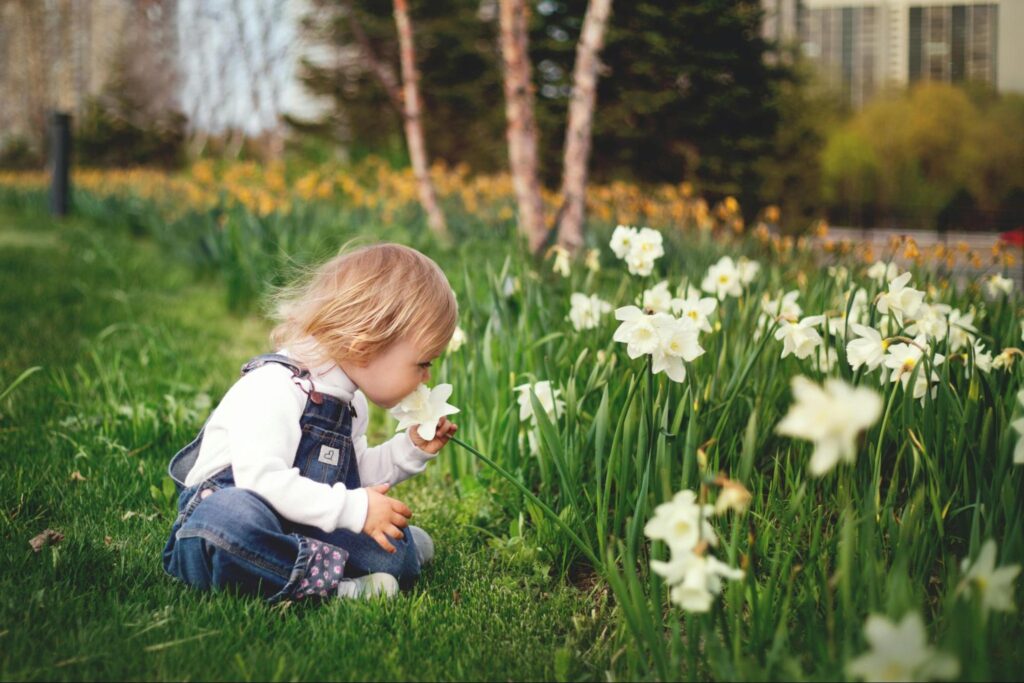Strategies for Healthy Development: Child Growth And Development
Child Growth And Development
Child growth and development encompass a range of areas including physical, cognitive, emotional, and social changes that occur as a child progresses through different stages. It is crucial for parents, educators, and caregivers to grasp the intricacies of these processes to effectively support a child’s holistic development.
At each stage of child development, individuals encounter unique challenges and milestones that shape their growth trajectory. By understanding these phases, adults can tailor their interactions and guidance to meet the child’s evolving needs.
Mastering new skills, forming meaningful relationships, and cultivating resilience are fundamental aspects that contribute to a child’s overall development. These factors play a vital role in shaping a child’s future and preparing them for the complexities of adulthood.
Exploring the science behind child growth and development is essential in promoting healthy development and nurturing well-rounded individuals. By delving into the principles that govern these processes, caregivers can gain valuable insights that aid in creating supportive environments for children to thrive.

Stages of Child Development
Understanding the stages of child development is crucial for parents, educators, and caregivers to provide appropriate support and guidance as children grow. Here are the key stages in a child’s development:
- Infancy: This stage, from birth to around 2 years old, is marked by rapid physical growth, developing motor skills, and forming attachments with caregivers.
- Early Childhood: Between 2 to 6 years old, children experience significant cognitive development, language acquisition, and social skills improvement.
- Middle Childhood: From 6 to 12 years old, kids refine their motor skills, enhance language abilities, and begin to develop a sense of independence.
- Adolescence: This stage, typically ranging from 12 to 18 years old, sees adolescents navigating through physical changes, heightened emotional intensity, and forming more complex social relationships.
Each stage of child development brings unique challenges and milestones that require tailored support and understanding to foster holistic growth. It’s essential for adults to recognize these distinct stages to create environments that nurture children’s evolving needs and capabilities.

Challenges and Milestones
Infancy:
- Challenges: Adjusting to a sleep schedule, developing trust, and learning to feed.
- Milestones: Rapid physical growth, beginning to smile and coo, and forming attachments.
Early Childhood:
- Challenges: Language development, social interactions, and toilet training.
- Milestones: Acquiring language skills, forming friendships, and exploring the world independently.
Middle Childhood:
- Challenges: Academic pressures, peer relationships, and physical coordination.
- Milestones: Mastering academic skills, developing teamwork abilities, and honing fine motor skills like handwriting.
- Challenges: Identity formation, peer influence, and emotional regulation.
- Milestones: Establishing personal identity, forming deeper relationships, and preparing for future independence.
Understanding these challenges and milestones is crucial for providing appropriate support and guidance to children as they navigate through different stages of growth and development.
Supporting a Child’s Growth
When it comes to Supporting a Child’s Growth, it is essential to provide a nurturing and stimulating environment. Here are some key ways to promote healthy development in children:
- Encourage play: Play is crucial for a child’s social, cognitive, and emotional development. It helps them learn to solve problems, work with others, and regulate their emotions.
- Provide positive reinforcement: Praise and encouragement can go a long way in boosting a child’s self-esteem and confidence. Recognizing their efforts, no matter how small, can motivate them to continue trying new things.
- Establish routines: Consistent routines help children feel secure and develop a sense of predictability. This is especially important during times of transition or stress.
- Offer opportunities for learning: Exposure to new ideas, experiences, and challenges is crucial for intellectual growth. Providing access to books, educational activities, and hands-on learning opportunities can broaden a child’s perspective and knowledge.
- Foster healthy relationships: Positive relationships with caregivers, peers, and other adults are vital for a child’s emotional and social development. Encouraging open communication and empathy helps children learn to navigate different social situations.
Child growth and development are complex processes that require a holistic approach. By creating nurturing environments, encouraging play, providing positive reinforcement, establishing routines, offering learning opportunities, and fostering healthy relationships, children can flourish. Each child is unique, with individual needs and interests that must be met to support their full potential. Understanding and catering to these differences is crucial for their overall well-being and development. Remember, a child’s growth is a journey that requires patience, understanding, and continuous support. By implementing these strategies and embracing the uniqueness of each child, caregivers can help children thrive and become the best versions of themselves.
